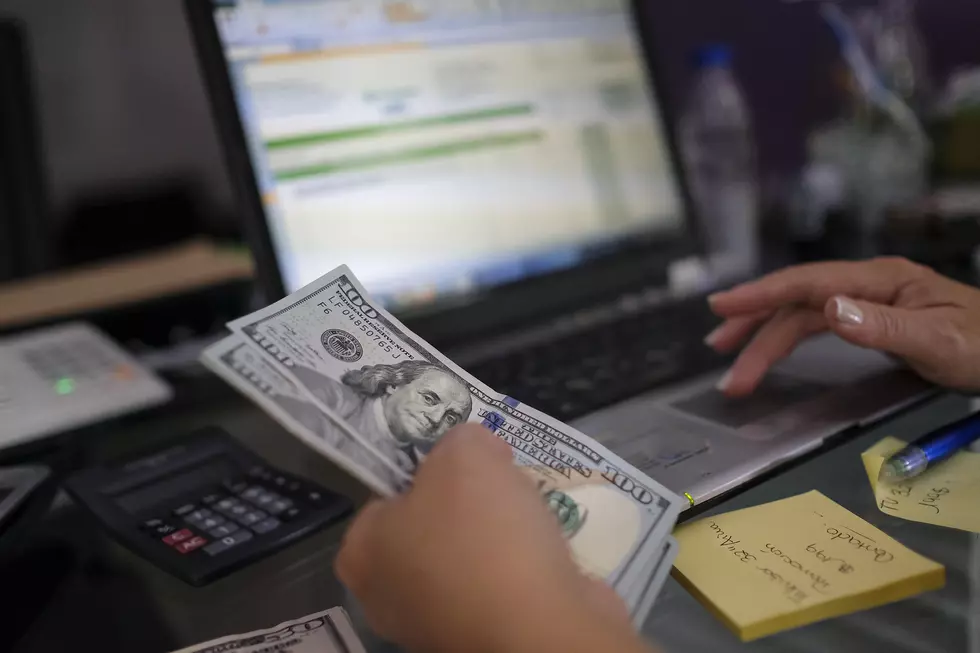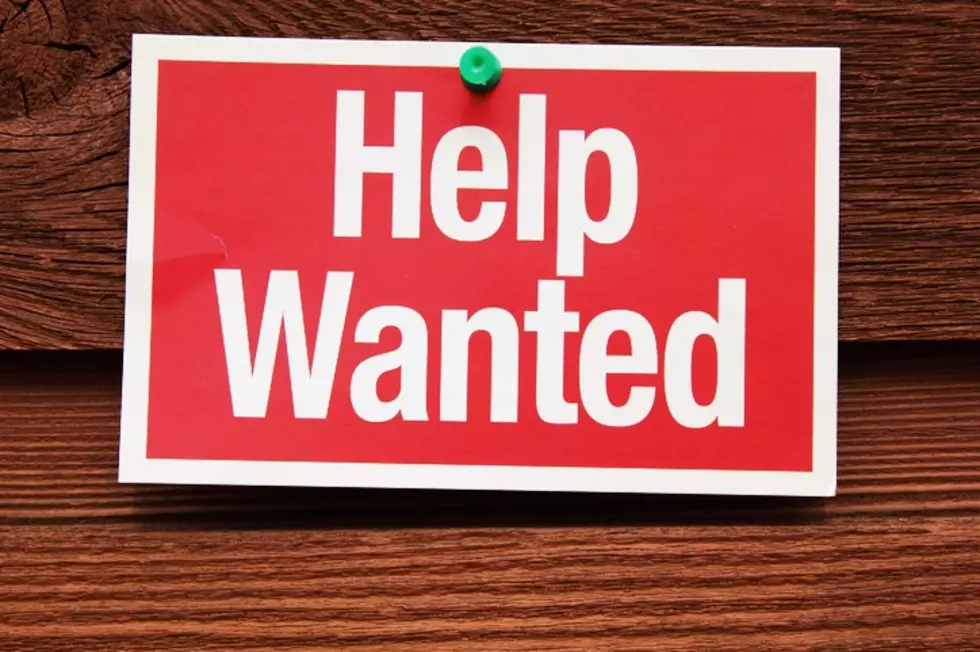
Washington House Democrats Official Push for $10.10 Minimum Wage – Inslee Supports Bill
Claiming it would raise many in Washington out of poverty, Gov. Jay Inslee saluted a bill introduced by House Democrats that would raise the state minimum wage to $10.10 per hour.
Inslee included this quote in his response to the bill:
'The rising tide of productivity and prosperity isn’t raising all boats. Too many hard-working men and women in Washington are falling further behind, impacting not just the prospects for those workers and their families but the prosperity of our state as well."
A handout prepared by House Democrats in support of Rep. Jessyn Ferrel's minimum wage bill claims 551,000 Washington workers make less than $12 dollars per hour. They also claim that after the minimum wage was raised $.55 cents in Washington in 1999 that some 6,400 service industry jobs were created.
While that may sound great on the surface, let's look at the real economic facts. According to actual Department of Labor and Industries figures in Washington state, our unemployment rate has actually risen since that 1999 law was passed that began our current escalation of the minimum wage, which includes cost-of-living raises and is the highest in the nation. From the Washington Policy Center, October 2013:
"Since the Great Recession began in 2007, Washington State’s minimum wage has increased 15.9%, from $7.93 per hour to today’s minimum of $9.19. The new wage for 2014 will bump that increase up to 17.5%. At the same time, our state’s unemployment rate also increased, from 4.6% in August 2007 to 7% in August 2013.
As Joseph Phillips, Dean of Seattle University’s Albers School of Business and Economics explains, when costs become too high for employers, they quit hiring or let people go. As Phillips succinctly puts it, “At some point, it adds up and discourages employment. We need a minimum wage law, but set it to high and it stops helping those it is designed to help.”
According to the WPC, the state's poverty level has increased even before the 2007 recession despite 1999's significant raise, again using state data. Neither Gov. Inslee nor the House proposal address the potential effects on business and employment raising the wage would have. They simply focus on claims it would lift people out of poverty.
The WPC also reports on an article from the Seattle Times (from last October) showing what happens in real life when minimum wages are raised to what are called "super high rates." They talked to actual business owners in the city of Long Beach, CA. The WPC concludes :
"A super-high minimum wage is never free; someone has to pay for it. It is not reasonable to believe employers will simply absorb a huge increase in their cost of doing business."
The Washington minimum wage went from $9.19 to $9.32 in January. While adding another $.78 cents-per-hour to $10.10 is not necessarily a "super jump," the preceding conclusion is still the same: "Someone has to pay for it." Inslee and the House Democrats seem to be forgetting that.
More From 870 AM KFLD









